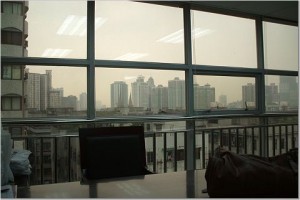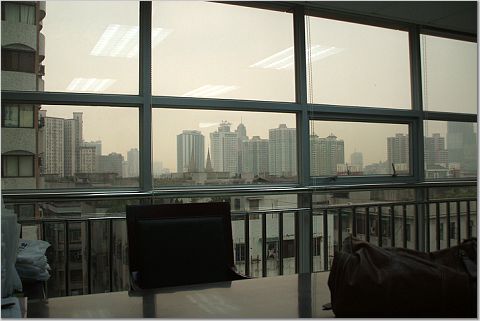 The ongoing investigation into GlaxoSmithKline’s Chinese pricing scandal has set off a large-scale crackdown on corruption in the Chinese pharmaceutical industry. The Chinese government is launching a three-month probe into bribery in the country’s medical sector by international pharmaceutical firms.
The ongoing investigation into GlaxoSmithKline’s Chinese pricing scandal has set off a large-scale crackdown on corruption in the Chinese pharmaceutical industry. The Chinese government is launching a three-month probe into bribery in the country’s medical sector by international pharmaceutical firms.
The GlaxoSmithKline scandal, which resulted in the arrest of several high-ranking Chinese executives working for the British company, involved executives using an intricate network of ‘travel agents’ to bribe doctors using expensive gifts and cash offers. The objective of the bribery was to increase GSK drug sales in China.
As the world’s second-biggest economy, China plays a major role in the international pharmaceutical industry. The investigation will be targeted at price-fixing and other anti-competitive practices that, along with serious fraud and corruption, are thought of as major issues for the Chinese pharmaceutical market.
Corruption is a major issue in China’s hospital system, largely due to the low salaries paid to many doctors. China is home to over 13,500 public hospitals, as well as many leading private hospitals and healthcare centres. The Chinese government is already involved in investigations targeting as many as 60 healthcare companies.
The investigations are being headed by the State Administration for Industry and Commerce – a Chinese government regulator tasked with reducing bribery in the fast-growing East Asian nation. The latest investigation will begin on Thursday in several Chinese industrial and business centres.
After GlaxoSmithKline dominated headlines for the past two weeks due to its large-scale Chinese bribery scandal, the latest drug company to be targeted by regulators is Swiss firm Novartis AG. Novartis executives allegedly paid cash bribes to doctors in several Beijing hospitals to prescribe the company’s drugs to patients.
The company has launched an internal probe and states that it takes allegations of misconduct very seriously.





